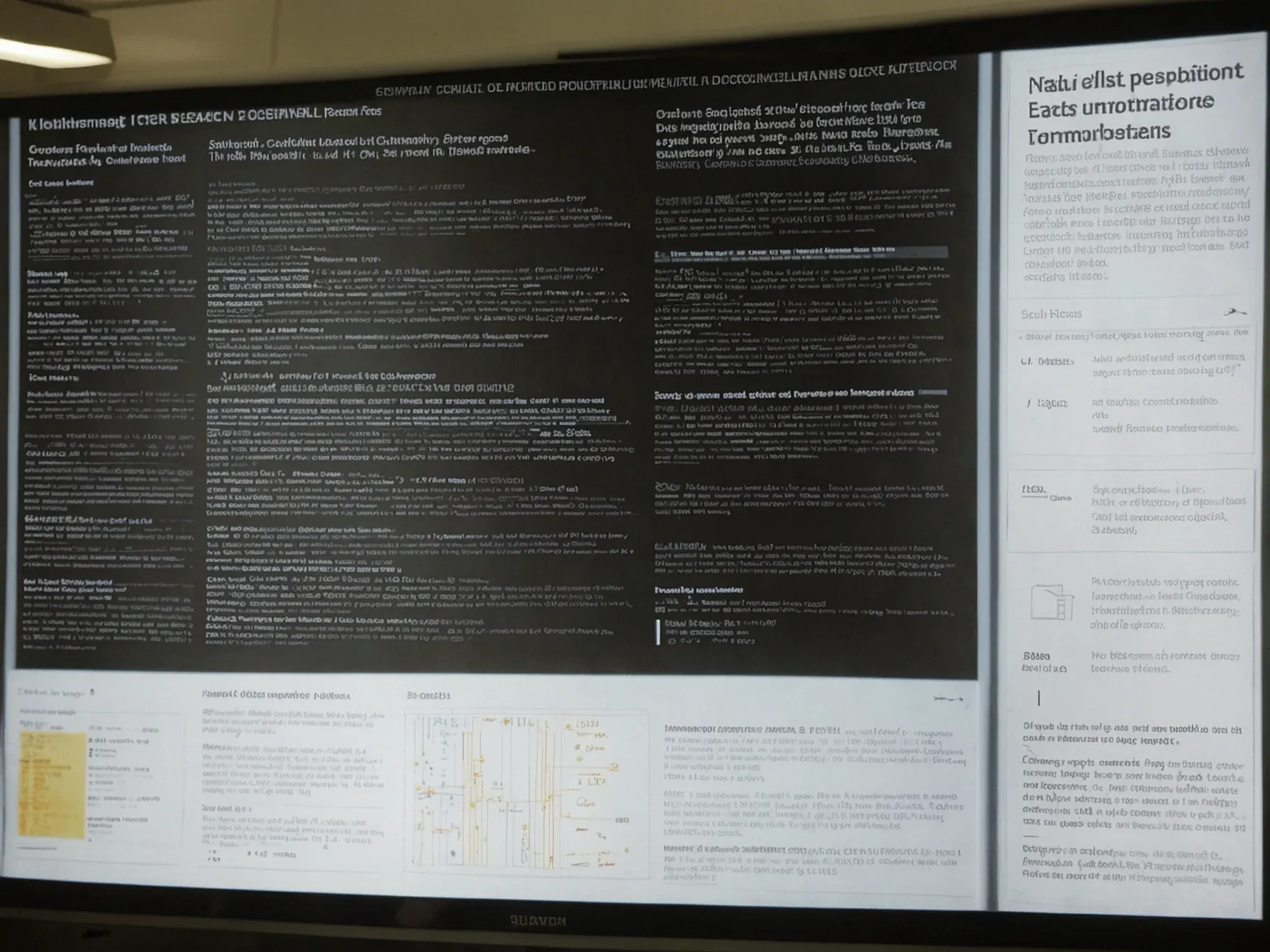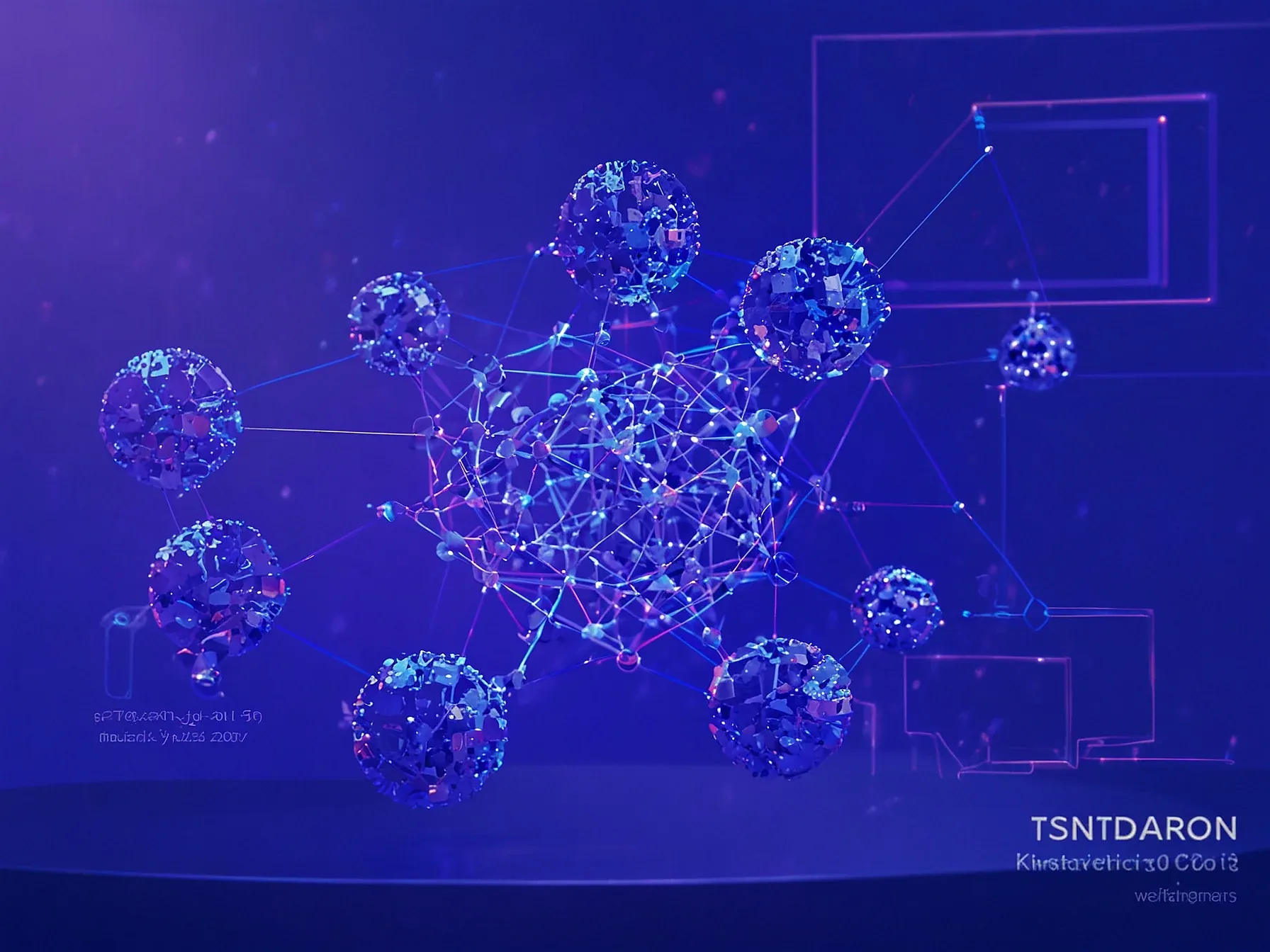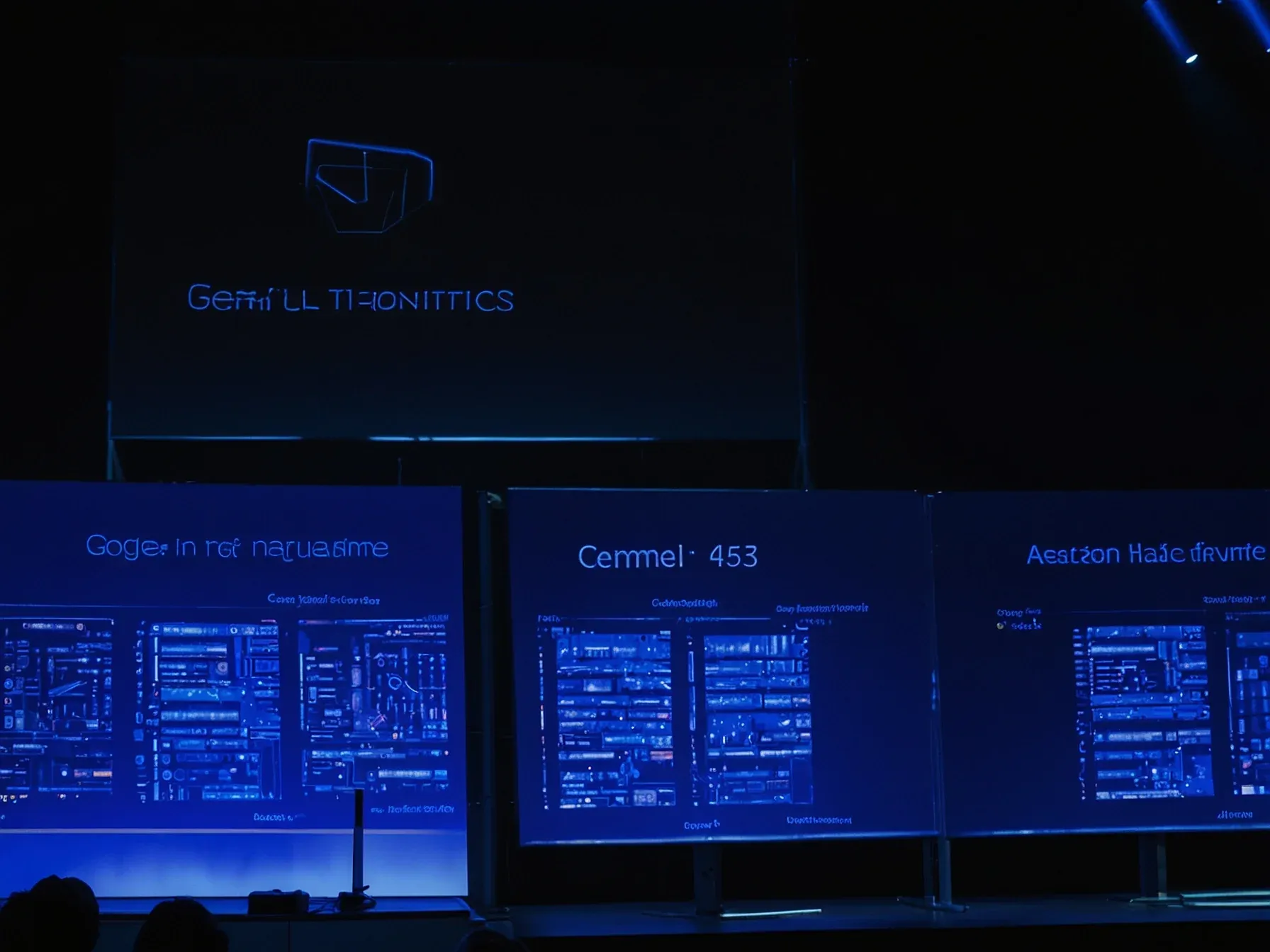
Editorial illustration for German Court Finds AI Lyrics Too Similar to Original, Raises Copyright Concerns
German Court Rules on AI Copyright: Lyric Similarity Verdict
German court deepens AI-copyright split, says lyric similarity not coincidental
In a landmark ruling that could reshape how we understand AI and creative works, a German court has waded into the murky waters of algorithmic creativity. The case centers on a critical question: When does an AI-generated text cross the line from inspiration to potential copyright infringement?
The judicial decision highlights growing tensions between technological idea and intellectual property rights. Artificial intelligence tools, which can rapidly generate complex text, are pushing legal boundaries in unusual ways.
Researchers and artists have long debated whether machine-learning models truly "create" or simply recombine existing information. This German court ruling now offers a provocative perspective on that philosophical question.
The judges didn't just offer an abstract legal opinion. They conducted a meticulous analysis, examining the nuanced similarities between human-written lyrics and an AI-generated output. Their conclusion suggests that not all algorithmic creation is created equal.
The implications could be significant for developers, musicians, and anyone working at the intersection of technology and creativity. One key detail would soon emerge that would challenge existing understanding of digital authorship.
After comparing the original lyrics to the model's output, the court said the similarity could not be explained by coincidence, given the length and complexity of the songs, according to its press release. For the judges, this was enough to count as copyright-relevant reproduction. The lyrics are embedded in the model's parameters, meaning they're embodied in the model itself, even if only as probability values.
The court cited the EU directive on reproductions, which covers works "by any means and in any form, in whole or in part." In general, companies developing large language models can make copies for analysis under text and data mining (TDM) rules. But the court said this only covers copies needed to assemble a training dataset.
The German court's ruling offers a fascinating glimpse into the murky intersection of AI and copyright law. By finding that AI-generated lyrics can constitute copyright infringement, the judges have signaled a nuanced approach to emerging digital creativity.
The decision hinges on a critical observation: similarity isn't random when complexity is involved. When AI models reproduce substantial portions of original works, even through probabilistic representations, legal questions emerge.
This case suggests copyright protections might extend beyond literal copying. The court's reasoning implies that embedded lyrical elements within AI model parameters could potentially trigger infringement claims.
The EU directive cited provides a flexible framework for understanding reproduction in the digital age. By focusing on the substantive similarity rather than exact replication, the ruling acknowledges technology's complex mimicry.
Still, questions remain about how consistently such principles might apply across different creative domains. The decision opens intriguing legal pathways for artists and technologists navigating AI's creative boundaries.
Further Reading
- Publishers versus AI: All the copyright legal rulings so far - Press Gazette
- Copyright and AI remain in focus for 2026 with Getty appeal given the green light - Keystone Law
- Mining the copyright aspects of Getty Images v Stability AI - Slaughter and May
- Music and AI: 2025's developments that will shape 2026's disputes - Complete Music Update
Common Questions Answered
How did the German court determine AI-generated lyrics constituted copyright infringement?
The court found that the AI-generated lyrics were too similar to the original work to be considered coincidental, especially given the complexity of the songs. By examining the embedded lyrics within the model's parameters, the judges concluded that the reproduction was substantial enough to trigger copyright protections under EU directives.
What legal precedent does this German court ruling set for AI-generated creative works?
The ruling signals a nuanced approach to copyright in the digital age, suggesting that AI-generated content can be legally scrutinized for potential intellectual property violations. By recognizing that AI models can reproduce substantial portions of original works through probabilistic representations, the court has opened a new avenue for understanding creative rights in algorithmic contexts.
Why are the lyrics considered 'embedded' in the AI model's parameters?
The court noted that the original lyrics are stored within the AI model as probability values, effectively becoming part of the model's fundamental structure. This means that even when the AI generates new text, the original content remains intrinsically linked to the model's generative capabilities.




